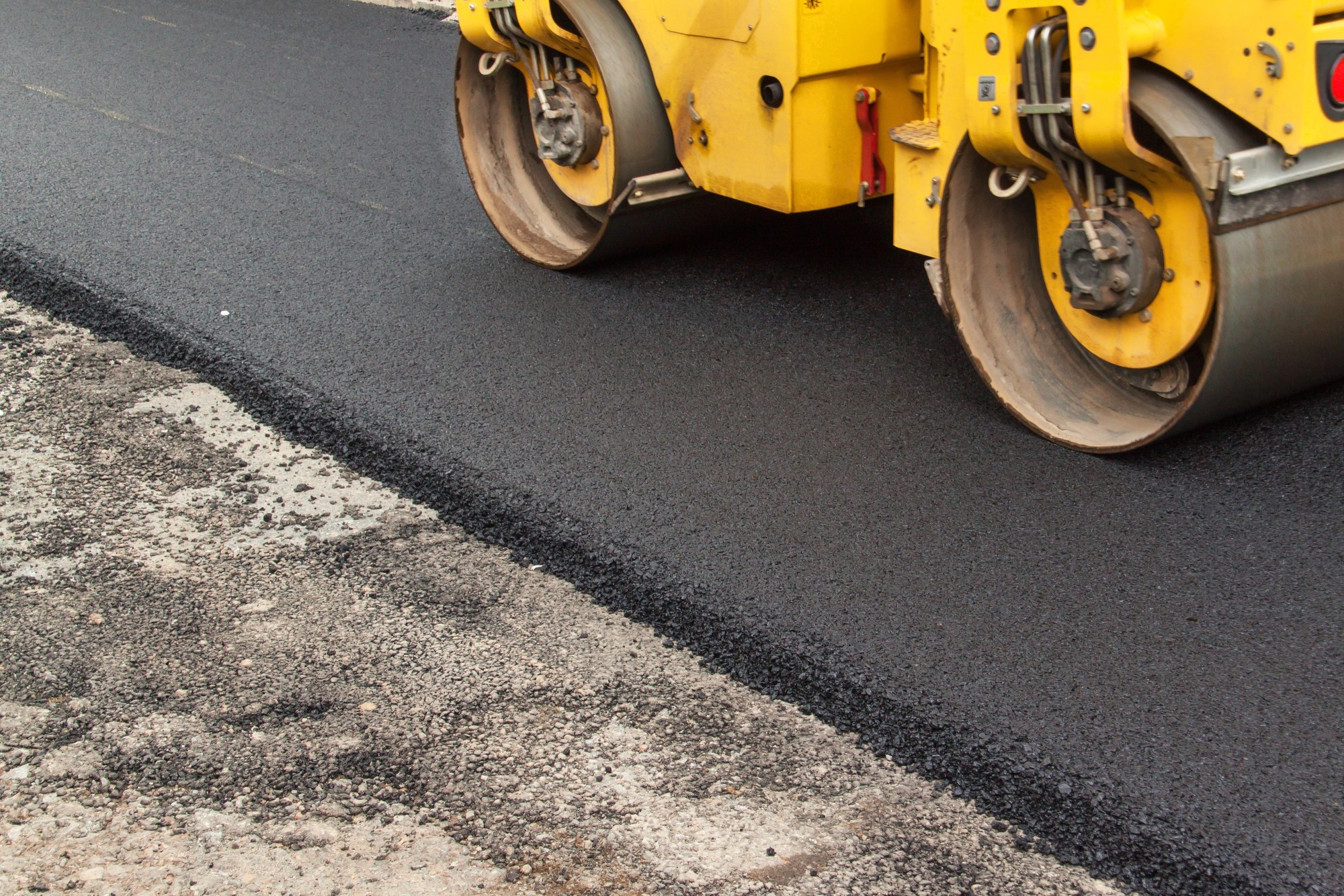What Are the Common Types of Asphalt?
Are you looking to replace the paving on your property or home? Or may you add a new driveway or walkway? If so, then you need to know about asphalt.
Asphalt comes in many forms and serves many purposes. Depending on the need, you can use it as paving, crack filler, sanding material, and much more.
The key to using asphalt effectively is knowing about the types of asphalt and what you can use it for. With that in mind, this article looks at the wide world of asphalt. Let’s begin.
Contents
Hot Mix Asphalt
Hot Mix Asphalt is a common type used for paving roads and highways. It is a mixture of crushed stone, sand, and a binding agent, usually asphalt cement or pitch and tar. It undergoes heating at a hot mix plant and is then mixed with the binding agent to form a semi-solid mass.
This mixture receives special treatment with additives to make it solid and durable enough to resist traffic, water, and other elements. Hot mix asphalt is prevalent among highway and road construction projects. It provides superior stability and durability.
It offers excellent resistance to wear and tear, and its low cost makes it viable for many highway and road projects. Hot mix asphalt is non-toxic and has a more sustainable lifespan than other paving methods.
Warm Mix Asphalt
Warm Mix Asphalt (WMA) is a new approach to asphalt paving that has become popular recently. WMA involves mixing the asphalt binder at a lower temperature than traditional pavements.
Other additives and processes give it equal performance to hot mix asphalt. WMA also enables a reduced level of emissions due to the lower temperature.
Many consider it to be more economical than the traditional hot mix. You can use this form of asphalt in residential and commercial parking lots, light-use roads, and bike paths.
A WMA can reduce road construction costs and improve the infrastructure properties of asphalt compared to traditional hot mix. In conclusion, WMA is becoming an essential tool in modern highway engineering and paving. It offers a much cleaner and cost-effective approach than conventional hot asphalt.
Rubberized Asphalt
Rubberized asphalt is a common type of asphalt used for many years. It comes from recycled tires, producing a durable and cheap material. The rubberized asphalt comes from combining shredded tire rubber with asphalt.
This combination creates a flexible material that you can use for pavement, sidewalks, and other flat surfaces. Rubberized asphalt is less likely to crack and absorb water, making it durable and low maintenance.
This type of asphalt is also less prone to wear and tear and has fantastic shock absorption properties. Its light weight also makes it easier to transport and install.
Rubberized asphalt is also more affordable than traditional asphalt, and its recyclable materials make it a reasonable choice. It is also resilient in extreme temperatures, ranging from subzero to very hot. All these characteristics make rubberized asphalt an excellent material for many applications.
Follow This Guide to Understand the Different Types of Asphalt
There are many types of asphalt, each with its benefits and drawbacks. Understanding the different types and their best uses when considering an asphalt project is essential.
Consult with an expert to find the style best suited for your project and get started on the path to a successful outcome.
Do you want to find more helpful info? Check out more of our guides on our blog today!

